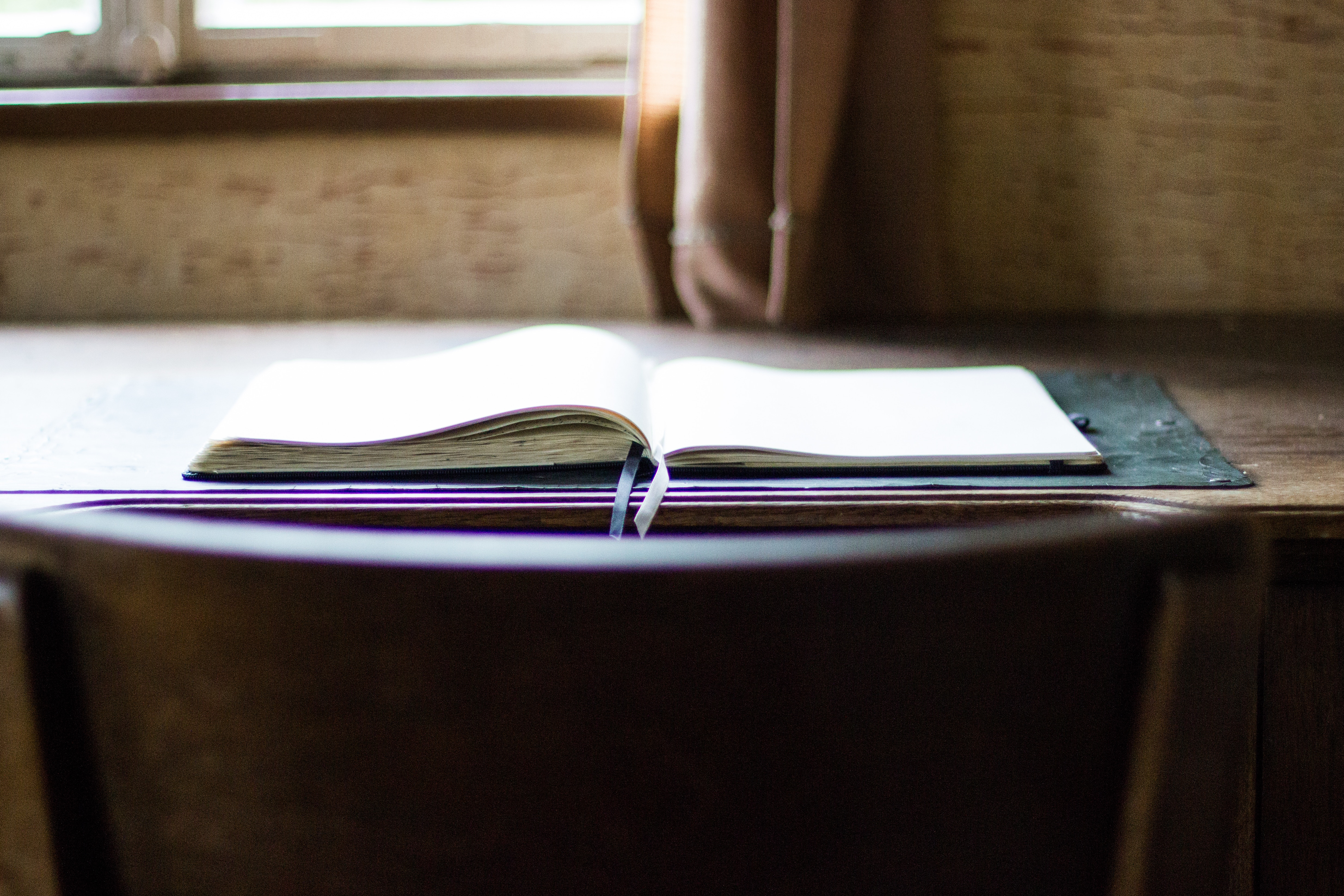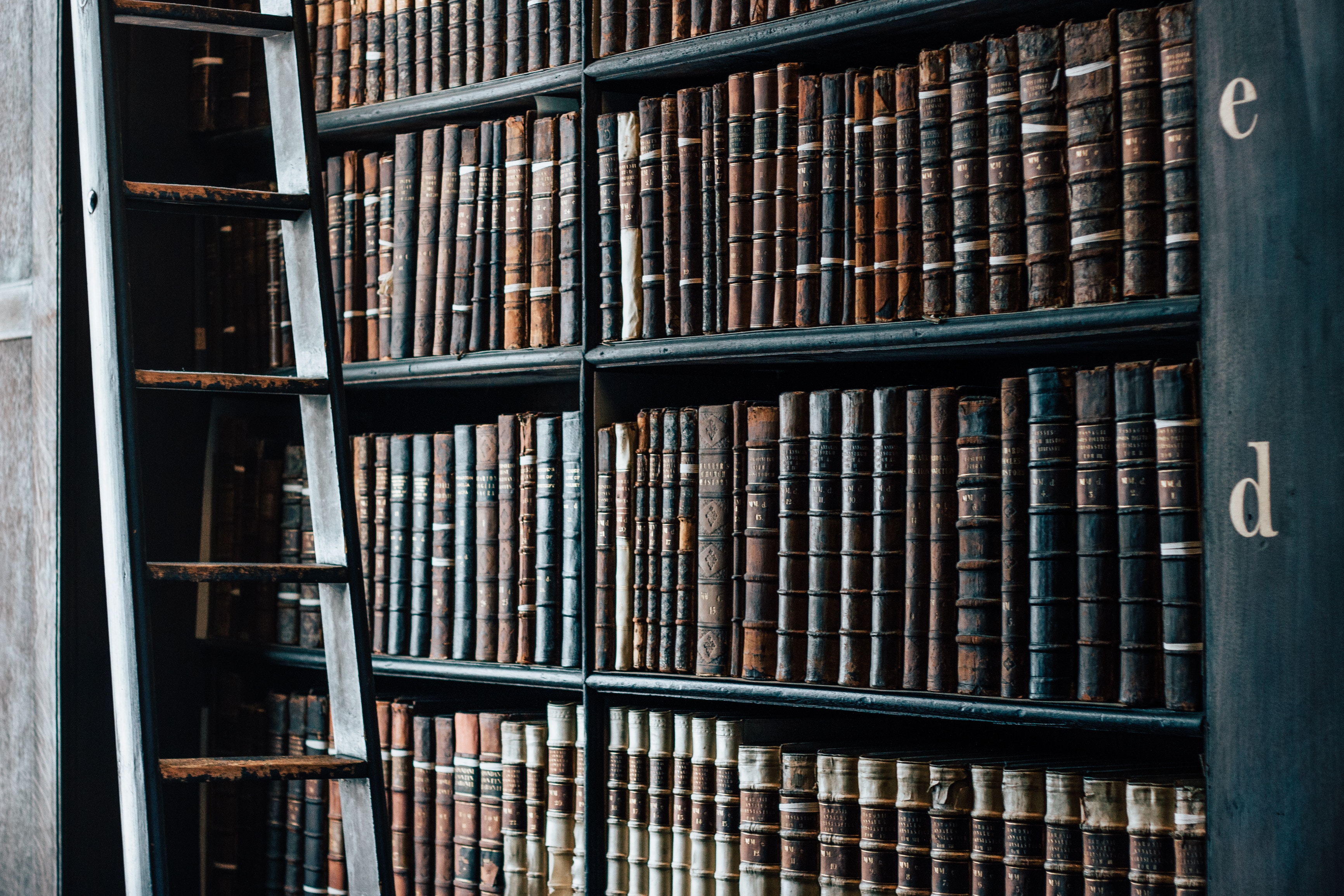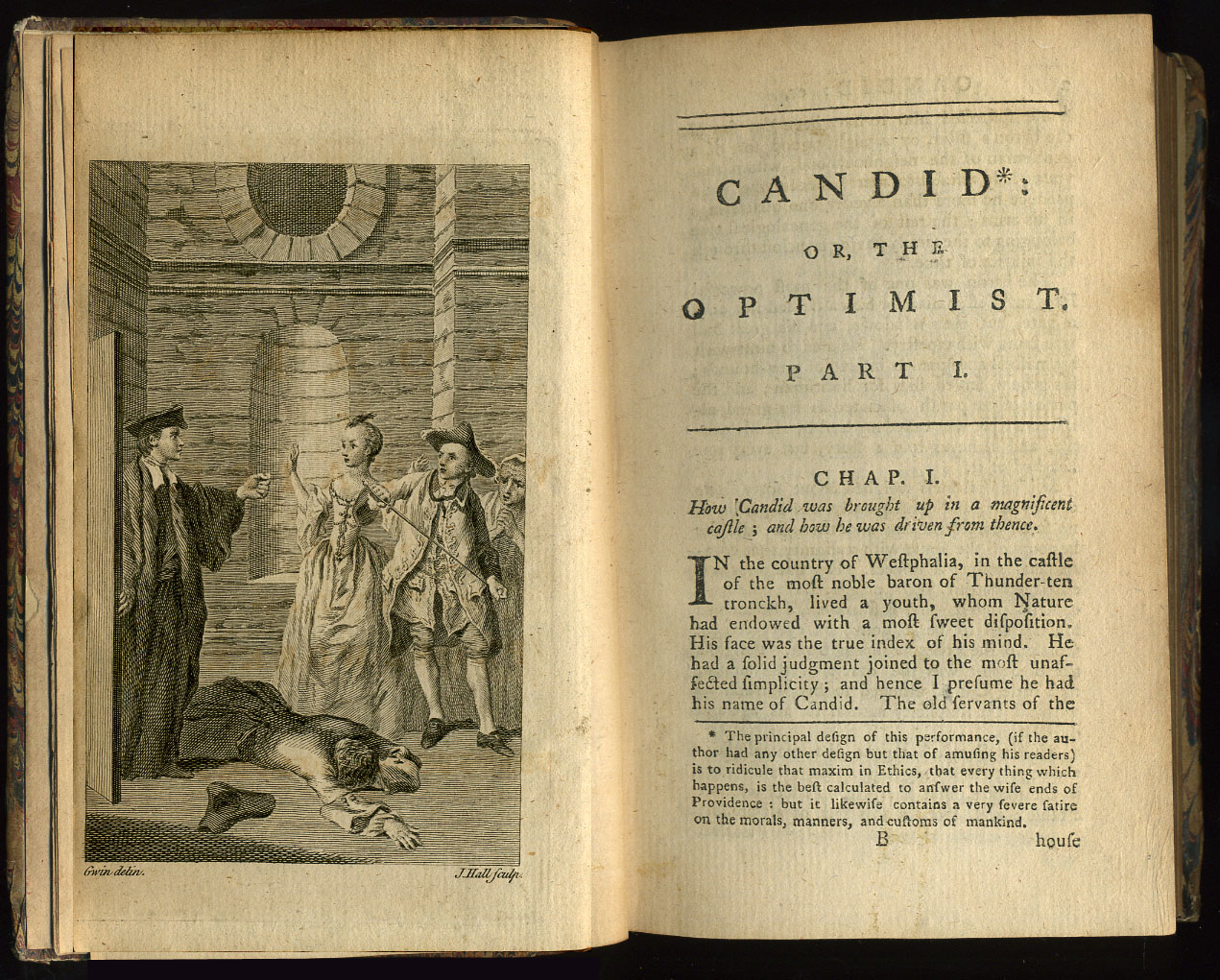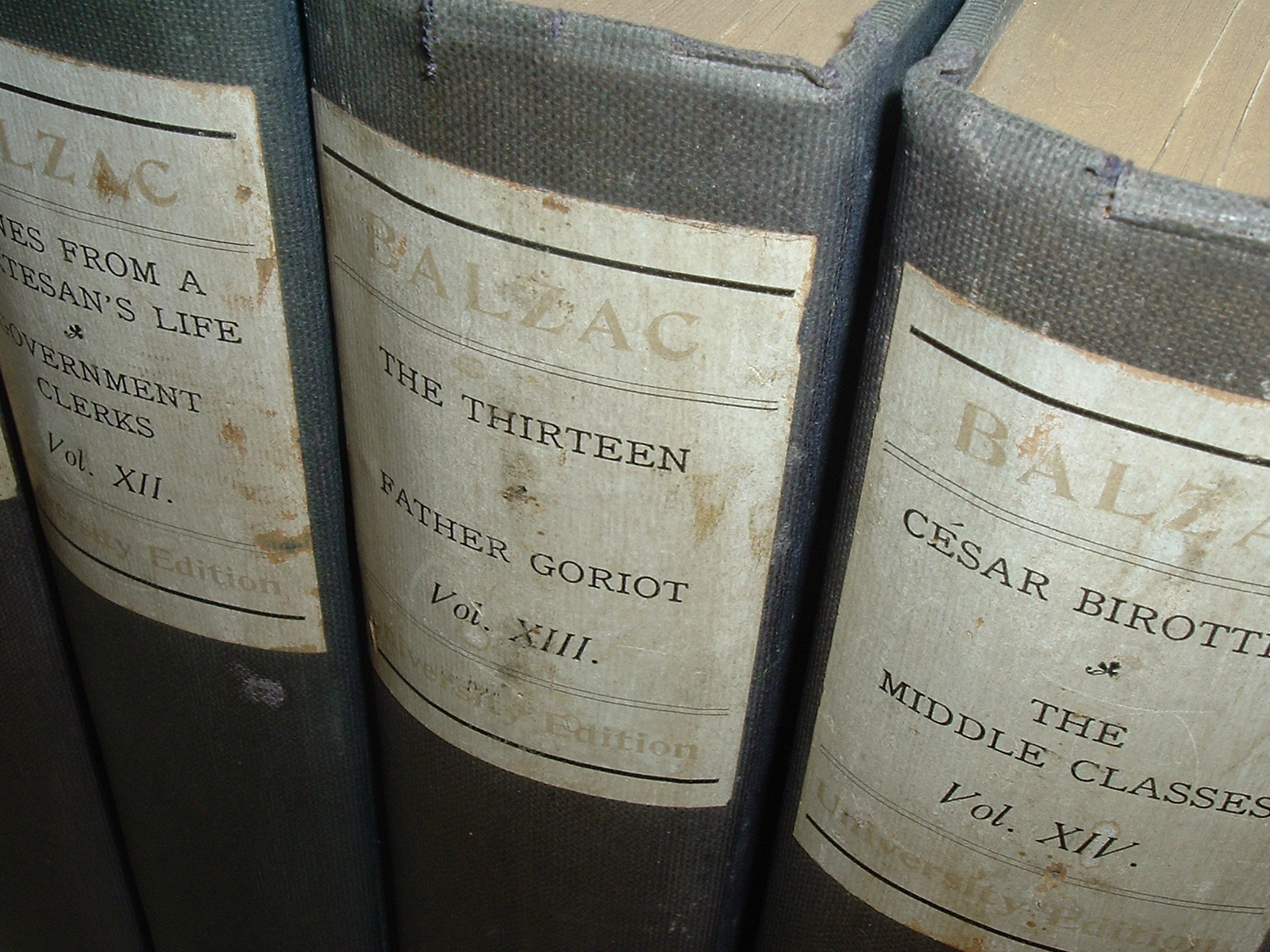The ultimate guide to French literature: become a savvy French book expert
 Being a Francophile means that it’s likely that our friends will seek our advice on French culture and language learning. But what happens when you are asked for French literature recommendations? Where do you begin? How will you ensure that your friends will LOVE French Literature?
Being a Francophile means that it’s likely that our friends will seek our advice on French culture and language learning. But what happens when you are asked for French literature recommendations? Where do you begin? How will you ensure that your friends will LOVE French Literature?
I have created this simple Guide to French Literature, to help you help your friends and all French language lovers and French book lovers make a start on the world of French literature.
How will you choose which classic French literature will capture your imagination and be perfect for your bookshelves, or even for Francophile friends to borrow? Or what will be perfect as a gift for that Francophile friend?
As a project, this can seem overwhelming – knowing where and how to start can make all the difference.
And that is where this Guide will be a lifesaver, I promise.
Here are my 12 recommendations across three centuries ready for you to make your choice.
A 3-step approach to French literature: a simple guide
Step 1: choose your French siècle – your literary century
- This choice will determine a ‘type’ of French book you will read. By way of a guide, I have chosen to include a few basic themes and issues that these centuries include.
Step 2: choose your French author
- Then, after choosing a century, it’s time to search for the writers. I have listed my favourite French writers from each century, with the MUST-read books they have written.
Step 3: relax, read, and enjoy!
- Whether you read in English or French, enjoy these literary classics and find out which ones you’d recommend to a friend!
(A) A guide to French literature: 18th century
Written during the Age of Enlightenment, this literature was written by so-called philosophes (philosophers) to challenge the idea of the absolute monarchy and the role of religious institutions in society.
Above all, 18th-century literature values the liberté, egalité, fraternité ideals that formed the French Republic at the end of this period.
Novels (romans) include philosophical romans, social realism romans, and of course, libertine/erotic romans of seduction and manipulation.
Recommendations – 18th century:
- Voltaire: ‘Candide’
- Laclos: ‘Les Liaisons dangereuses’
- Rousseau: ‘Les Confessions’
(B) A guide to French literature: 19th century
Arguably one of the richest of periods for French literature, the following schools of thought were created:
- Romanticism combatted the previous philosophes of reason and science with the need for feelings, nature, exoticism, and orientalism.
- Realism represented French society. As a result, it caused a lot of mixed emotions due to resemblance to real life through characters and ideas – a lot of which was not appreciated by contemporaries because it could show the ugly side to French life.
- Naturalism focused on the misery and harsh conditions of French life. However, it went against romanticism ideals of emotions and illusions, referring to using research and science to form accurate representations.
- Symbolism used a varied tone from the imaginative to the realistic. It did not abide by moral or ethical ideas, therefore promoting references to alcohol, dreams, the city, and sexual images such as the prostitute. It also broke traditions with free verse and stepped into modernist ideals of questioning the limitations of writing.
Recommendations – 19th century:
- Baudelaire: ‘Les fleurs du mal’, ‘Le Spleen de Paris’
- Stendhal: ‘Le Rouge et le Noir’, ‘La chartreuse de Parme’, ‘Lamiel’
- Balzac: ‘Le père Goriot’, ‘La peau de chagrin’
- Flaubert: ‘Madame Bovary’, ‘Les trois contes’, ‘Salammbô’
- Zola: ‘L’Assommoir’, ‘Germinal’
- Hugo: ‘Les Misérables’, ‘Notre-Dame de Paris’, as well as his poetry
(C) A guide to French literature: 20th century
Finally, this period was shaped by the historical events of WWI, WWII under Vichy and the provisional government, the Fourth Republic, and the Fifth Republic.
This was the start of Surrealism, anti-bourgeois attitudes, the focus of the unconscious mind, Existentialism, the questioning of living in all aspects, WWII French guilt of collaboration, French colonialism, and the Algerian War.

Recommendations – 20th century:
- Camus: ‘La Peste’
- Proust: ‘À la recherche du temps perdu’
- Marguerite Duras: ‘Hiroshima mon amour’, ‘L’Amant’
Who are your favourite authors? Do you have a specific century of literature you love the most? Join the discussion and share your comments in the box below.
Image credits:
1. Books and flowers, via Unsplash.
2. Books in library, via Unsplash.
3. Candid, via Wikipedia.
4. Balzac, via Wikipedia.
5. Open book, via Unsplash.










One comment on Candide: get an edition that provides a plenty of background information. The book was written in reaction to important schools of 18th-century thought and it is important to have the historical background to fully appreciate it. For a French-language edition, I really liked the one edited by David Ross.